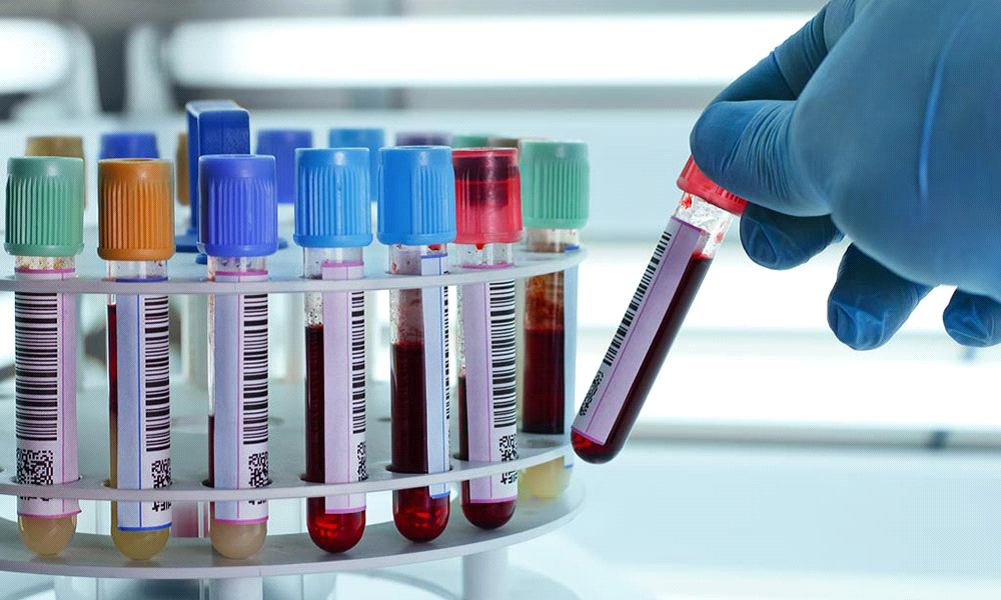Siblingship DNA Testing
A siblingship DNA Test compares the DNA of one person to that of another to determine the likelihood that they are biologically related as siblings. This is done by calculating the statistical likelihood that the parties share the same two parents, one parent or no parent at all.
In some circumstances, siblingship DNA tests can help identify ‘full’ (sharing both parents), ‘half’ (sharing one parent), or ‘step’ ) no common biological parents) sibling relationship.

What are the two main types of Siblingship DNA tests?
There are 2 types of DNA tests. There is an informational DNA test and a Legal DNA test. An informational siblingship DNA test will provide you knowledge of the relationship between siblings but cannot be used for legal purposes like inheritance, immigration etc. A legal siblingship DNA test will provide you the ability to conduct relationship requirements in the legal system.
How is the Siblingship DNA Test conducted?
A sibling DNA test is a simple procedure that will take the cheek swab from the siblings and if a parent is involved, a cheek swab from the parent is also taken. The addition of a parent makes for a much more accurate outcome of the test. If a father is not present, and the mother is, then the mother’s DNA will be compared to the children’s and the remaining DNA in the children will be the fathers.
There are between 21 – 36 genetic markers that the test will evaluate to find the possible matches of siblings, no matches or half matches.
Siblingship - Legal
A Siblingship DNA Test is used to when two individuals know they have the same mother but are unsure if they share a common father. This test is performed with the known mothers participation but does not require the unknown fathers participation.
This test can also be run without the mother’s participation although her participation will increase the accuracy of the test.
In legal settings, this test can help to decide inheritance issues.
Siblingship Non-Legal
A Siblingship DNA Test is used when two individuals know they have the same mother but are unsure if they share a common father.This test is performed with the known mothers participation but does not require the unknown fathers participation.
This test can also be run without the mother’s participation, although her participation will increase the accuracy of the test.
This test is commonly used to provide answers and peace of mind.
Twins: Fraternal/Identical Legal
A Zygosity DNA Test determines whether two individuals are fraternal or identical twins.
- Identical twins develop from a single fertilized egg that splits into two, and each half, carrying identical DNA to the other, develops into an individual fetus.
- Fraternal twins develop from two separate eggs, so they have different DNA from each other. Those two eggs are fertilized separately but at the same time, grow together during a single pregnancy.
- This is a court admissible and may be used in court in cases such as inheritance, custody, adoption, etc.
Twins: Fraternal/Identical Non-Legal
A Zygosity DNA Test determines whether two individuals are fraternal or identical twins.
- Identical twins develop from a single fertilized egg that splits into two, and each half, carrying identical DNA to the other, develops into an individual fetus.
- Fraternal twins develop from two separate eggs, so they have different DNA from each other. Those two eggs are fertilized separately but at the same time and grow together during a single pregnancy.
- This is an informational test to determine fraternal or identical twinship